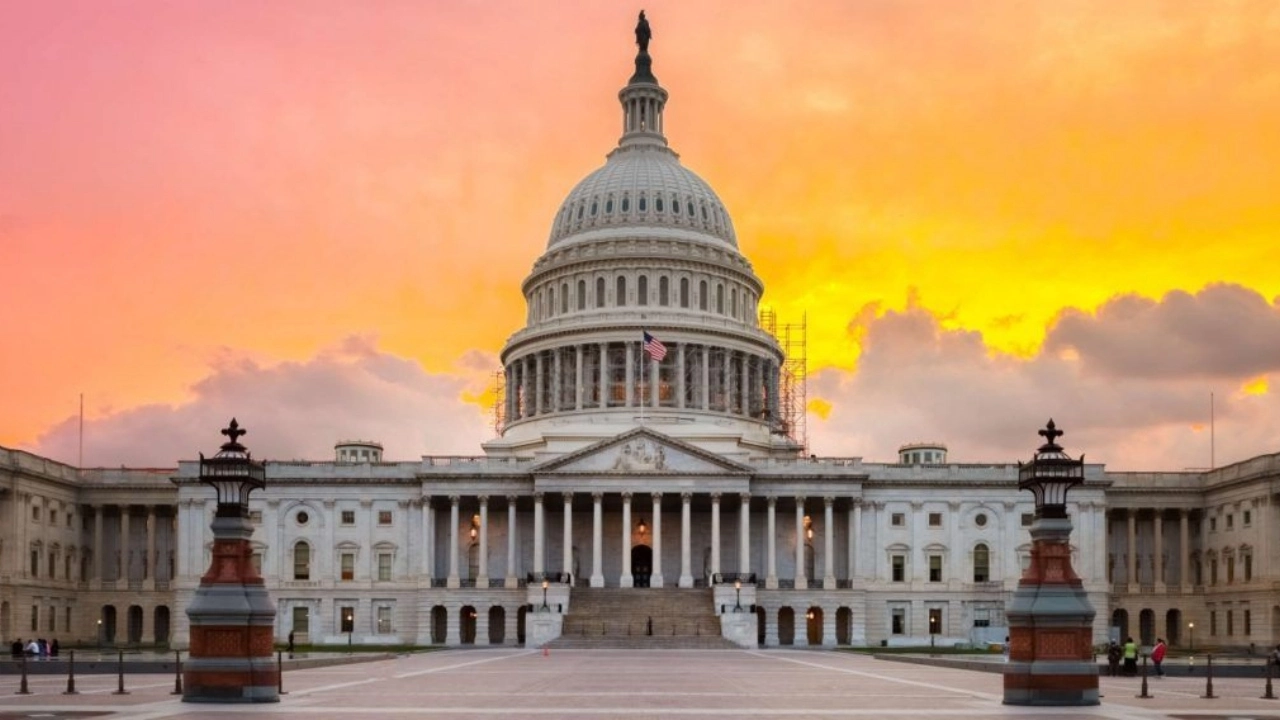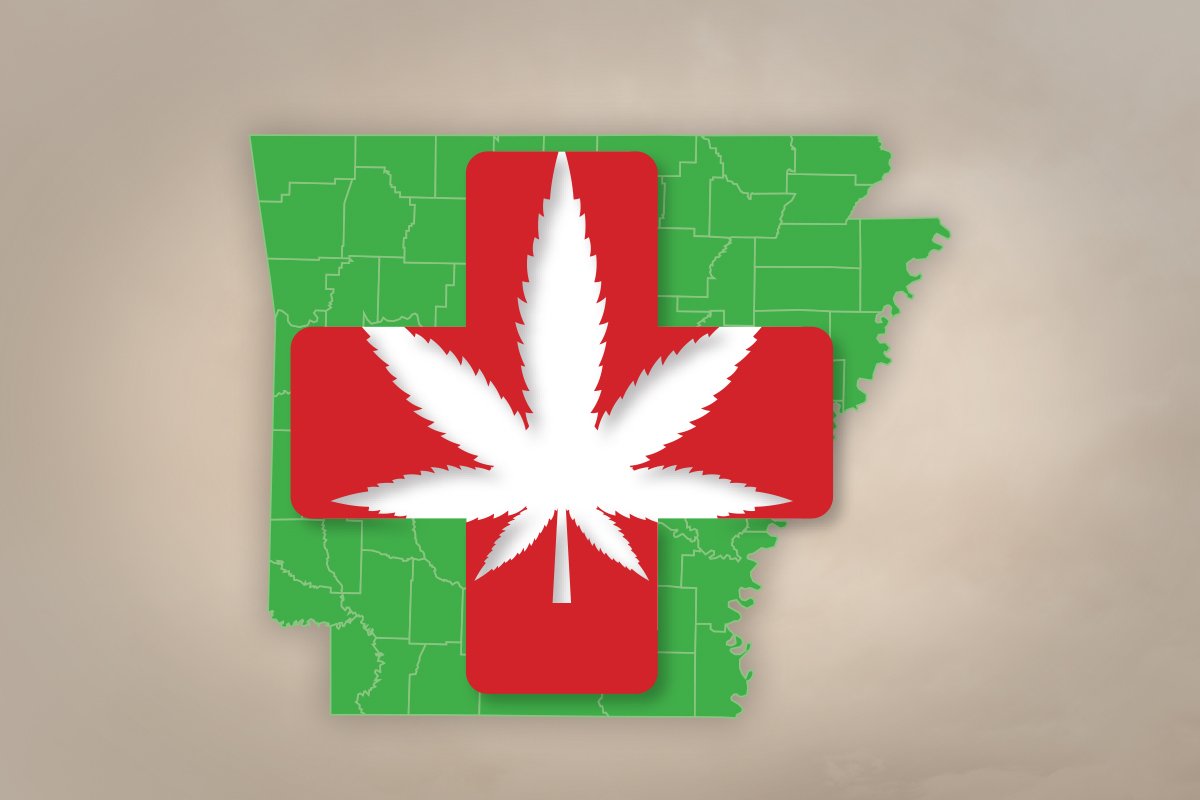Congress is gearing up to address the growing concerns surrounding hemp-derived THC products, which have gained popularity since the 2018 Farm Bill inadvertently allowed their proliferation. Instead of focusing on broader cannabis issues like interstate commerce or banking reforms, lawmakers are targeting the regulations surrounding these hemp products.
The recent Republican budget proposal introduced in the House aims to ban hemp-derived THC products, a move that has raised alarms among industry advocates. This proposal passed a subcommittee vote and is seen as a potential shift in how Congress approaches hemp-derived THC regulation. Michael Bronstein, president of the American Trade Association for Cannabis & Hemp (ATACH), stated that the question is not if Congress will act, but when and to what extent.
U.S. Rep. Andy Harris, a Maryland Republican, has been vocal about the need to close what he describes as a loophole in the Farm Bill. Critics, including state-regulated marijuana operators, have echoed his concerns, citing the rise of unregulated intoxicating hemp products, such as delta-8 THC, being sold in various retail locations. The Harris proposal seeks to redefine “hemp” under federal law and includes provisions to ban THCA flower and remove certain synthesized cannabinoids from the hemp definition.
If passed, this legislation could have severe implications for hemp manufacturers and retailers. However, there are questions about enforcement and the proposal’s long-term viability. With Democrats opposing significant cuts to food assistance included in the budget proposal, and with Republicans holding a slim majority in the House, the chances of a complete ban seem uncertain.
Hemp farming enjoys support in traditionally Republican states like Kentucky and North Carolina, complicating the political landscape for Harris’ proposal. Industry advocates like Christopher Lackner of the Hemp Beverage Alliance express confidence that Congress will not abandon the farmers who have invested in the hemp market.
Interestingly, the Harris proposal has sparked a rare moment of unity among cannabis sectors. Instead of dividing marijuana and hemp interests, it has prompted a coalition of advocates from both sides to oppose the ban. Jim Higdon, co-founder of Cornbread Hemp, remarked that this situation has helped unite the broader cannabis community.
While some lawmakers express frustration over the unintended consequences of the Farm Bill, there is a growing awareness of the need for effective regulation rather than outright prohibition. Diana Eberlein, acting chair of the Coalition for Adult Beverage Alternatives, highlighted that legislators are recognizing that previous efforts at prohibition have not worked. Advocacy groups are using this moment to educate Congress on the popularity and regulatory success of certain hemp products, including low-dose THC beverages.
Congress has been signaling its stance on hemp-derived THC for over a year. An amendment introduced by Rep. Mary Miller in May 2024 aimed to exclude ingestible hemp products with any detectable level of THC from federal protections, although it ultimately did not progress. Recent drafts from the Senate also indicate a desire to redefine hemp to address concerns over cannabinoids like delta-8 THC.
ATACH’s Bronstein emphasized the bipartisan support for addressing this regulatory challenge, asserting that Congress recognizes the intent of the original Farm Bill was to foster a legitimate industrial hemp market rather than enable an unregulated market for synthetic THC derivatives. As discussions continue, the future of hemp-derived THC regulation remains a critical topic for both lawmakers and industry stakeholders.




